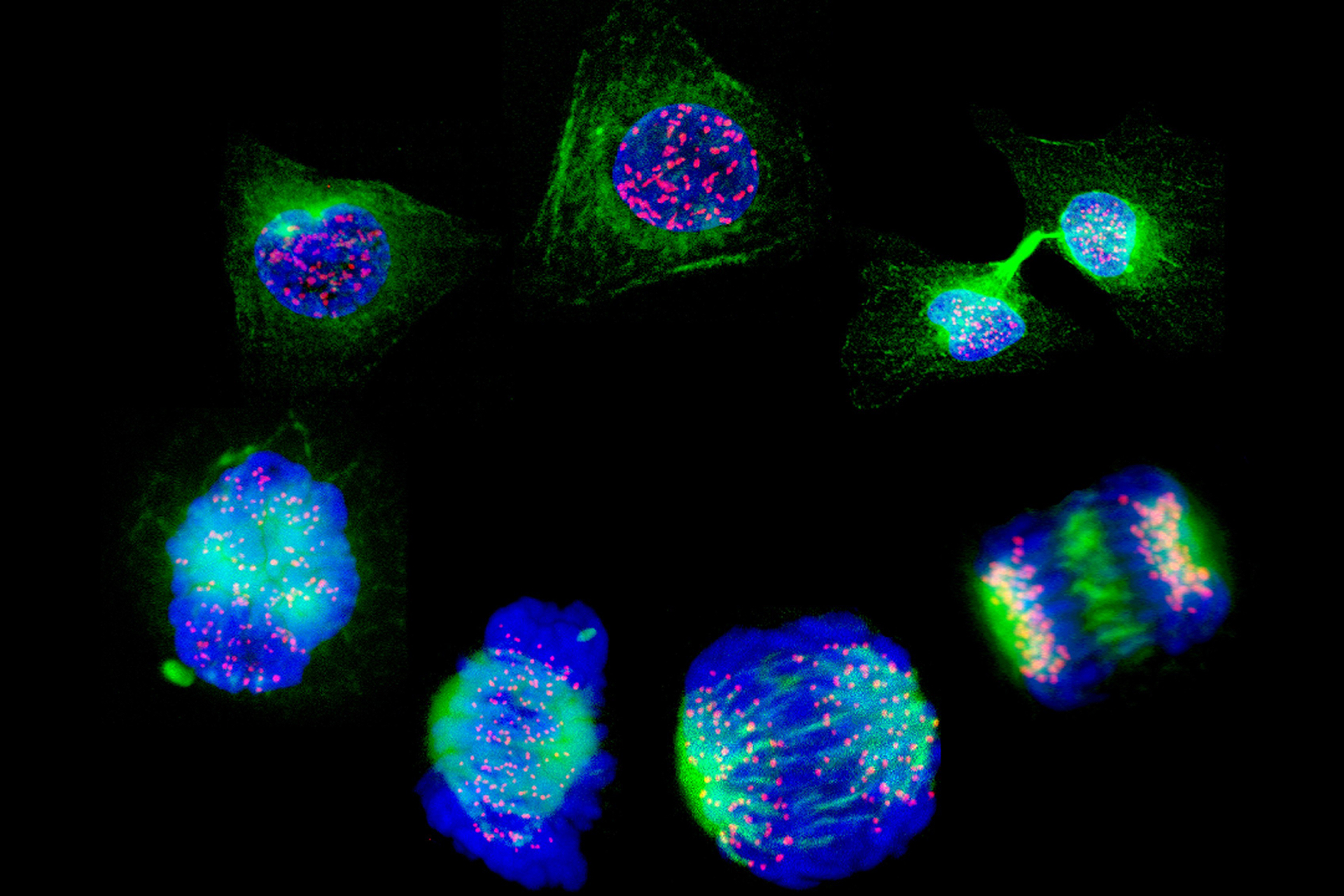CRISPR base editing therapy reduced cholesterol levels in the blood of a small cohort of patients, clinical trial interim data has shown.
A significant reduction in 'bad' cholesterol, known as low-density lipoprotein (LDL), has been observed in three people receiving therapeutic doses of a CRISPR-base-editing therapy (VERVE-101). This novel gene therapy chemically changes a single base ('letter') within the PCSK9 gene expressed in the liver (see BioNews 1151). This permanent modification enhances the removal of LDL cholesterol from the blood in individuals with the genetic condition heterozygous familial hypercholesterolemia (HeFH), which results in abnormally high levels of LDL cholesterol.
'These data confirm our hypothesis that a single-course gene editing medicine has the potential to induce meaningful and durable reductions in LDL-C when administered at therapeutic doses' said Dr Andrew Bellinger, chief scientific officer of Verve Therapeutics, in Boston, Massachusetts, who developed the drug.
The phase 1b trial, conducted in New Zealand, involved ten patients with HeFH. Nine of them had previously undergone either coronary artery bypass grafting or coronary stenting procedures, and four had experienced a heart attack. Neither lifestyle interventions nor medication proved effective in managing their LDL cholesterol levels.
The single-shot therapy was administered intravenously at different doses: six patients were given sub-therapeutic doses of either 0.1 mg/kg or 0.3 mg/kg, three patients were treated with a therapeutic dose of 0.45mg/kg, and a single patient received a higher therapeutic dose of 0.6mg/kg.
The data presented at the American Heart Association meeting in Philadelphia showed that after one month, blood PCSK9 protein levels decreased between 47 percent and 84 percent in patients who received the therapeutic dose or the higher therapeutic dose. The data also showed a significant reduction in cholesterol levels, with two of the patients who were given the therapeutic dose demonstrating reductions of 39 percent and 48 percent. The patient treated with the higher therapeutic dose showed a reduction of 55 percent, and this reduction was maintained during six months of monitoring.
Most side effects were mild, however, there were two serious events reported. One patient (given the 0.3 mg/kg sub-therapeutic dose) had a fatal cardiac arrest around five weeks after treatment but due to the patient having underlying advanced coronary artery disease, the investigator and the independent data and safety monitoring board (DSMB) determined that the event was unrelated to the therapy. A second patient (given the therapeutic dose) had a heart attack the day after treatment, which was considered potentially related to the treatment. However, this patient did not disclose chest pains prior to having the treatment and subsequently was shown to also have coronary artery disease. The DSMB recommended that the trial continue with no alterations.
'It is a breakthrough to have shown in humans that in vivo base editing works efficiently in the liver,' Dr Gerald Schwank, a genome-editing researcher at the University of Zurich, Switzerland, who was not involved in the trial said.
Verve Therapeutics plans to continue to enrol patients with HeFH in New Zealand and the UK for further small trials of the higher dose levels, with plans to expand to the USA in 2024. With positive safety results the company aims to conduct a larger, randomised controlled trial.
Sources and References
-
A single infusion of a gene-editing medicine may control inherited high LDL cholesterol
-
Verve Therapeutics announces interim data for VERVE-101 demonstrating first human proof-of-concept for in vivo base editing with dose-dependent reductions in LDL-C and blood PCSK9 protein in patients with heterozygous familial hypercholesterolemia
-
Base editing, a new form of gene therapy, sharply lowers bad cholesterol in clinical trial
-
One-time CRISPR treatment could permanently lower cholesterol
-
Verve Therapeutics gene-edited therapy sparks influencer debates on cholesterol reduction and cardiovascular health





Leave a Reply
You must be logged in to post a comment.